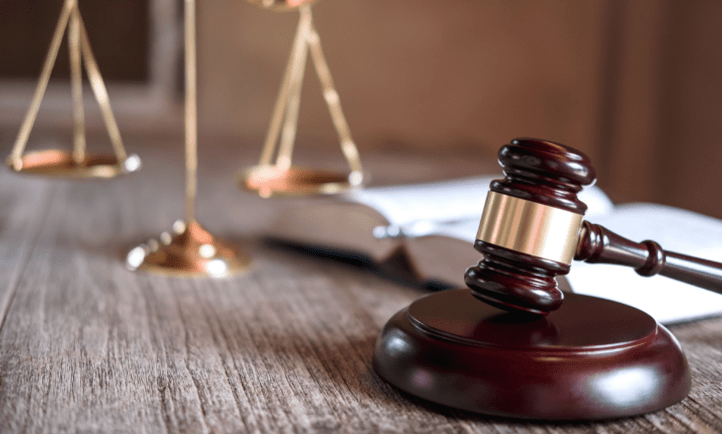Third meeting of the G20 Anti-Corruption Working Group
The third meeting of the G20 Anti-Corruption Working Group took place from September 28th to October 1st. The Group reached consensus on all the documents under negotiation, namely the High-Level Principles on Preventing and Combating Corruption in Emergencies, the Accountability Report 2021 and the Action Plan 2022-2024.
October 5th, 2021
The third meeting of the G20 Anti-Corruption Working Group took place from September 28th to October 1st. The Group reached consensus on all the documents under negotiation, namely the High-Level Principles on Preventing and Combating Corruption in Emergencies, the Accountability Report 2021 and the Action Plan 2022-2024.
The document on the High-Level Principles develops the “Call to Action on Corruption and Covid-19,” a product of the Saudi Presidency and the Italian Co-Presidency in 2020, launched in the context of the first G20 anti-corruption ministerial meeting.
The 2021 Principles aim to raise awareness of the damage and danger of corruption in the context of crises and emergencies, directing countries’ efforts along three tracks: (i) preparedness, (ii) mitigation, and (iii) response and recovery.
The group also approved the Accountability Report 2021, the main tool for reviewing progress on past commitments made by member countries. The exercise has been developed under a new format, which focuses on only some of the past commitments made by G20 countries in the anti-corruption area, to allow for greater depth.
The main points of interest in the report this year were: (i) beneficial ownership transparency (BOT); (ii) private sector transparency and integrity; and (iii) liability of legal persons.
Finally, during the last day of negotiations, the Anti-Corruption Action Plan for the three-year period 2022-2024 has been approved.
The Action Plan is characterized by a strong innovative and transformative charge: it recalls the G20 commitments undertaken in the past and those still pending and pushes for an acceleration of the process of regulatory harmonization among countries, according to the indications of the United Nations and towards the OECD standards.
It is based on the UNGASS Political Declaration and the G20 Ministerial Declaration of 2020 and introduces a series of entirely new commitments, such as those relating to the role of gatekeepers, audit and compliance in the prevention of corruption.
It re-launches the theme of measurement of corruption and introduces future areas of focus such as healthcare, trade and investment and gender.
The third meeting hosted sessions dedicated, respectively, to dialogue with International Organizations (UNODC, OECD, IMF, World Bank, EU, FATF, UNICRI and IDLO) and Engagement Groups (B20, C20 and L20). These sessions remain essential to promote dialogue and debate on global anti-corruption efforts, in line with the inclusive and multi-stakeholder approach that is at the heart of the G20 ACWG’s work
Finally, the third meeting hosted a session dedicated to “Dialogue with the Academy World on Corruption Measurement.” The Session featured Thomas Stelzer, Ambassador and Dean of the International Anti-Corruption Academy (IACA), Elisabeth David-Warren, Professor of Governance and Integrity, Director of the Center for the Study of Corruption at the University of Sussex, and Jesper Johnson, Policy Advisor in the OECD Public Governance Directorate.
The debate, whose contents have been deep and concrete, has allowed to underline the importance of adopting objective and appropriate methods to measure corruption, able to represent the phenomenon in a satisfactory way. Precisely this year, the ACWG adopted the Compendium of Good Practices on Corruption Measurement.
Professor Paola Severino, President of the National School of Administration, who has always considered the issue of indicators crucial for a better understanding, prevention and repression of corruption, concluded the session.
Overall, the work of the Italian Presidency, led by Chair Giovanni Tartaglia Polcini, has brought to the approval of seven deliverables: (a) the High-Level Principles on Corruption in Sport, (b) the High-Level Principles on Corruption related to Organized Crime, (c) the High-Level Principles on Preventing and Combating Corruption in Emergencies (d) the Country self-assessment questionnaire on implementation and enforcement of G20 commitments on foreign bribery, (e) the Compendium of Good Practices on Corruption Measurement., (f) the Accountability Report 2021 and (g) the Action Plan 2022-2024.
